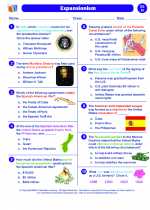Study Guide: Epistemology
What is Knowledge?
Epistemology seeks to define and understand knowledge. Knowledge is generally understood as justified true belief. In other words, for something to be considered knowledge, it must be believed to be true, it must actually be true, and there must be good reasons or justification for believing it to be true.
How is Knowledge Acquired?
Epistemology explores the various ways in which knowledge is acquired. This includes the study of perception, reason, memory, testimony, and introspection. Understanding how we come to know things can help us evaluate the reliability of different sources of knowledge.
What are the Limits of Knowledge?
Epistemology also investigates the limitations of knowledge. This involves examining questions such as whether there are things that we cannot know, the role of skepticism in challenging knowledge claims, and the boundaries of human understanding.
Key Concepts in Epistemology
- Empiricism: The view that knowledge is primarily or exclusively derived from sensory experience.
- Rationalism: The view that reason is the primary source of knowledge.
- Skepticism: The philosophical position that questions the possibility of certainty in knowledge.
- Reliabilism: The theory that the truth of a belief depends on the reliability of the process that led to the belief.
Applications of Epistemology
Epistemological concepts are relevant across various disciplines. In social studies, for example, understanding how historical knowledge is constructed and validated can be informed by epistemological inquiry. In science, the methods of inquiry and the validation of scientific knowledge are deeply rooted in epistemological considerations.
.◂Social Studies Worksheets and Study Guides Eighth Grade. Expansionism
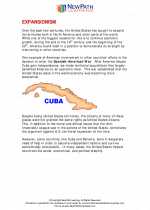
 Worksheet/Answer key
Worksheet/Answer key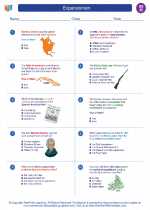
 Worksheet/Answer key
Worksheet/Answer key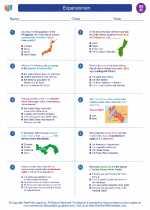
 Worksheet/Answer key
Worksheet/Answer key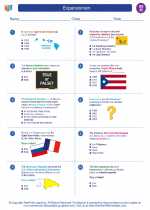
 Worksheet/Answer key
Worksheet/Answer key